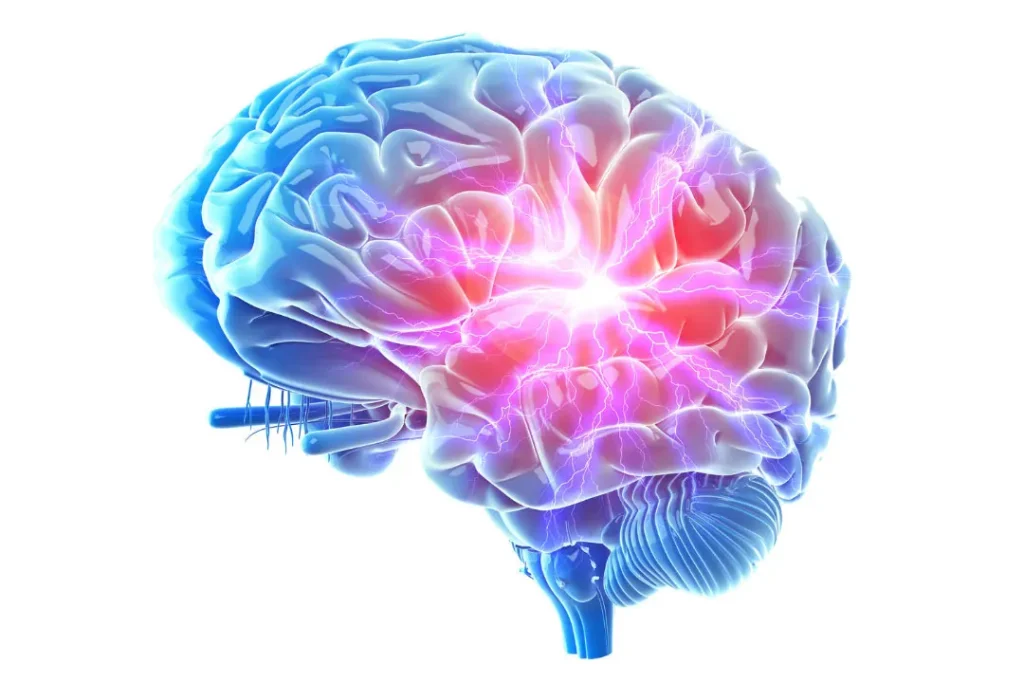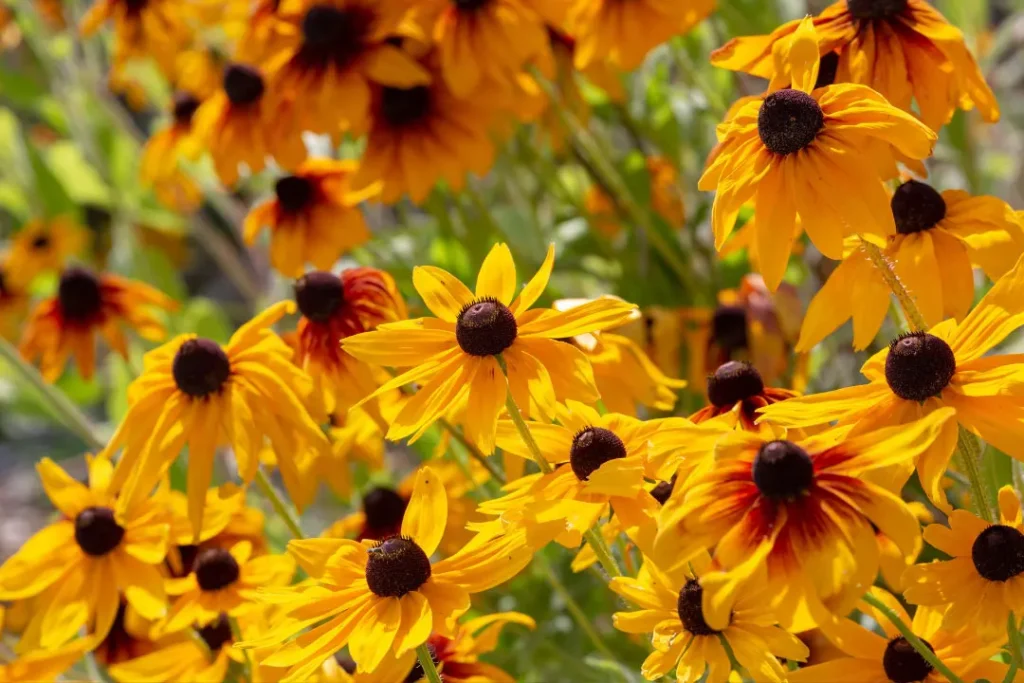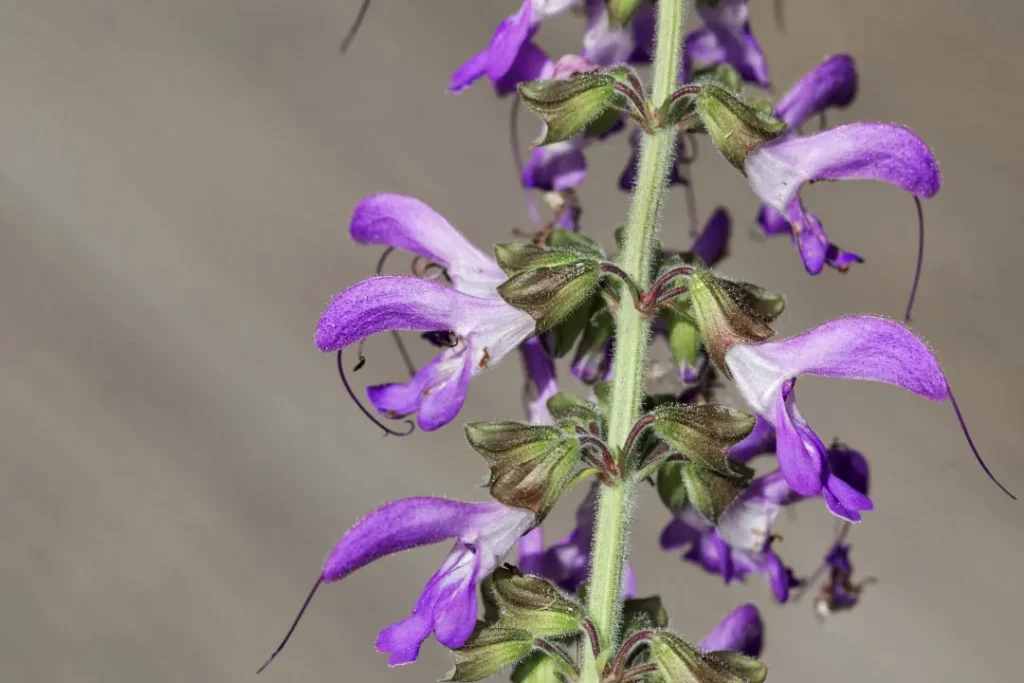Danshen, often referred to by its scientific name, Salvia miltiorrhiza, is a perennial plant that is indigenous to China and Japan. This is a plant that belongs to the mint family. This plant is famous for its powerful bioactive components and wide-ranging therapeutic potential. Danshen is commonly used in traditional Chinese medicine. Danshen’s biochemistry, health advantages, recommended dose, adverse effects, possible drug interactions, and safe use are all covered in this article. This information is provided in order to help you should you choose to consume it for personal use.
You May Also Like:
Cheken: Benefits, Dosage, Side Effects, Drug Interactions, and Other Important Information
Cilantro: Benefits, Dosage, Side Effects, Drug Interactions, and Other Important Information
Danshen: Benefits, Dosage, Side Effects, Drug Interactions, and Other Important Information is an original (NootroPicsPlanet) article.
The Nature of Danshen
The dried root of Salvia miltiorrhiza, known as danshen, is a key component of traditional The dried root of Salvia miltiorrhiza, known as Danshen, is attracting more and more attention from scientists across global communities because of its diverse therapeutic possibilities. The plant is a deciduous perennial that typically grows in China and Japan in sandy, well-drained soils. It may reach a height of 60 to 90 cm and blooms in the summer with purple to blue flowers.
The roots of Danshen are where much of the medicinal potential of the plant is located. These bioactive substances present in the roots may be roughly divided into two groups: the hydrophilic (water-soluble) phenolic compounds, such as salvianolic acids, and the lipophilic (fat-soluble) diterpenoid quinones, such as tanshinones.
The main active components are the tanshinones, which are generally reddish in color and include tanshinone I, tanshinone IIA, and cryptotanshinone. These substances primarily have antioxidant, anti-inflammatory, and anti-coagulant characteristics, which are clear and apparent therapeutic benefits.
Health Benefits of Danshen
Danshen has a variety of health advantages. Its cardio-protective benefits are most well-known. Danshen is effective in treating cardiovascular disorders, including angina, myocardial infarction, and heart failure in several clinical trials. Danshen is able to migitate and treat these conditions mostly due to the anti-inflammatory and antithrombotic characteristics of its tanshinone components.
Danshen also has promise for treating neurodegenerative illnesses. When used properly, it may lessen Alzheimer’s symptoms in patients by lowering amyloid-beta peptide buildup and decreasing oxidative stress in the brain, according to preclinical research.
Additionally, Danshen has anti-cancer qualities. Studies conducted in vitro and in vivo have demonstrated that the compound’s active ingredients, especially tanshinones, suppress tumor growth and spread and trigger apoptosis in a variety of cancer types.

Chemistry of Danshen
Danshen is made up of a combination of active ingredients, primarily hydrophilic phenolic acids like salvianolic acids and lipophilic diterpenoids like tanshinones, as aforementioned. Within the human body, these components exhibit a range of bioactivities, such as anti-inflammatory, cardioprotective, and antioxidant properties.
The tanshinones, which include cryptotanshinone, tanshinone I, and tanshinone IIA, are recognized to support the herb’s cardiovascular advantages. They can enhance coronary blood flow, decrease myocardial oxygen consumption, and prevent platelet aggregation, all of which are vital for your heart health.
Salvinolic acids, particularly Salvinolic Acid B, have powerful antioxidant properties that protect biological tissues from the damaging effects of free radicals and oxidative stress.
Physiological Mechanisms of Action of Danshen
Diverse bioactive substances found in Danshen have therapeutic actions via a number of physiological pathways, providing a wide variety of health advantages.
Cardiovascular Effects, Part A:
The main source of Danshen’s cardio-protective properties is its tanshinones. These substances prevent platelets from adhering together, which is a crucial step in the development of blood clots that can result in heart attacks and strokes. Tanshinones also lessen the need for myocardial oxygen, which might safeguard the heart’s tissue when there is a reduction in blood flow, such as during ischemic episodes. They also boost coronary blood flow, which improves the supply of nutrients and oxygen to the heart muscle.
Effects of Neuroprotection, Part B:
Danshen contains salvianolic acids, which have strong antioxidant properties and counteract the negative effects of oxidative stress. Numerous neurodegenerative diseases, including Parkinson’s and Alzheimer’s, have been scientifically connected to the presence of oxidative stress. By scavenging free radicals and boosting the body’s antioxidant defenses, salvianolic acids lessen oxidative stress thereby reducing risks and symptoms of such diseases within patients.
Preclinical research indicates that Danshen may lessen the buildup of amyloid-beta peptides, one of the main pathogenic features of Alzheimer’s disease. Salvinolic acid B, which appears to control the processing of amyloid precursor proteins, is most likely the mechanism underlying this impact.
Cancer-Reducing Effects, Part C:
Additionally, Danshen has anti-cancer qualities. Its active ingredients, particularly the tanshinones, seem to cause apoptosis, which is a term that refers to programmed cell death, in several cancer cell types, hence reducing the formation of tumors.


Optimal Dosage of Danshen
The ideal dose for you may change based on the desired health benefit and unique physiological parameters. This change is due to the intricacy of Danshen’s chemical makeup and its wide range of pharmacological activity. Danshen extract dosages in clinical studies have been reported to range from 1 – 4 grams per day, sometimes split into 2 – 3 doses. The article recommends you start with the smallest effective dose when using any medicinal material and then increase or decrease it as needed while receiving professional advice.
Side Effects of Danshen
Even while Danshen is often seen to be safe, its adverse effects should not be disregarded. Mild gastrointestinal discomfort, such as nausea, diarrhea, and cramps, may be experienced by some people. Although they are very uncommon, hypersensitivity responses like rash or pruritus have occurred.
The strong anti-coagulant effects of Danshen also raise questions regarding possible bleeding hazards, especially in patients who have bleeding problems or are having surgery. Therefore, it’s essential to take Danshen under the direction of a healthcare professional, especially for those of you who already have health issues


Potential Substance Interactions with Danshen
Several compounds, most notably anticoagulants and antiplatelet medications, can interact with Danshen. Due to its anticoagulant qualities, the effects of these drugs may be amplified, raising the risk of bleeding. Anti-diabetic medications, antihypertensive medications, and Cytochrome P450 substrates are other examples of possible interactions with Danshen that require caution. Before using Danshen, patients who are taking these drugs should talk to their doctors.
Responsible Use of Danshen
Understanding Danshen’s effects, dangers, and potential interactions is essential for prudent usage, just as with any dietary supplement. Danshen should only be used under the supervision of a healthcare professional, especially for people with pre-existing diseases or those who are taking other drugs.
The quality and purity of Danshen items you purchase should also be taken into account. In order to assure the safety and efficacy of dietary supplements, which are less strictly controlled than prescription medications, it is crucial you purchase goods from trustworthy producers who offer Certificates of Analysis (CoA).
Danshen has a complex chemical makeup, particularly in terms of its diterpenoid and phenolic acid components, which contribute to its many health advantages. Although it has a significant therapeutic potential, further clinical trials are required to confirm its efficacy and safety, especially for long-term usage and when combined with other drugs. Danshen should be used responsibly in the interim, under the guidance of a healthcare professional, and with consideration for any possible interactions and negative effects.


Danshen: Conclusion
Danshen is a potent East Asian plant with an extensive history in Eastern medicine. Presently, the medicinal and therapeutic possibilities for this plant within Western medicine are being explored more vigorously. This plant has great potential to assist with cancers, cardiovascular, and neurodegenerative diseases. The tanshinones, a unique substance found in the plant, directly contribute to Danshen’s healing powers. Due to its potency, caution and care should be exercised as you consider adding it as a supplement to your dietary regimen.
References:
- “Salvianolic acid B attenuates mitochondrial stress against Aβ toxicity in primary cultured mouse neurons.” Retrieved From: https://pubmed.ncbi.nlm.nih.gov/29551684/
- “Danshen Formulae for Cancer: A Systematic Review and Meta-Analysis of High-Quality Randomized Controlled Trials.” Retrieved From: https://www.hindawi.com/journals/ecam/2019/2310639/
- “Review of Danshen: From its metabolism to possible mechanisms of its biological activities.” Retrieved From: https://www.sciencedirect.com/science/article/pii/S1756464621002620
Important Note: The information contained in this article is for general informational purposes only, and should not be construed as health or medical advice, nor is it intended to diagnose, prevent, treat, or cure any disease or health condition. Before embarking on any diet, fitness regimen, or program of nutritional supplementation, it is advisable to consult your healthcare professional in order to determine its safety and probable efficacy in terms of your individual state of health.
Regarding Nutritional Supplements Or Other Non-Prescription Health Products: If any nutritional supplements or other non-prescription health products are mentioned in the foregoing article, any claims or statements made about them have not been evaluated by the U.S. Food and Drug Administration, and such nutritional supplements or other health products are not intended to diagnose, treat, cure, or prevent any disease.
